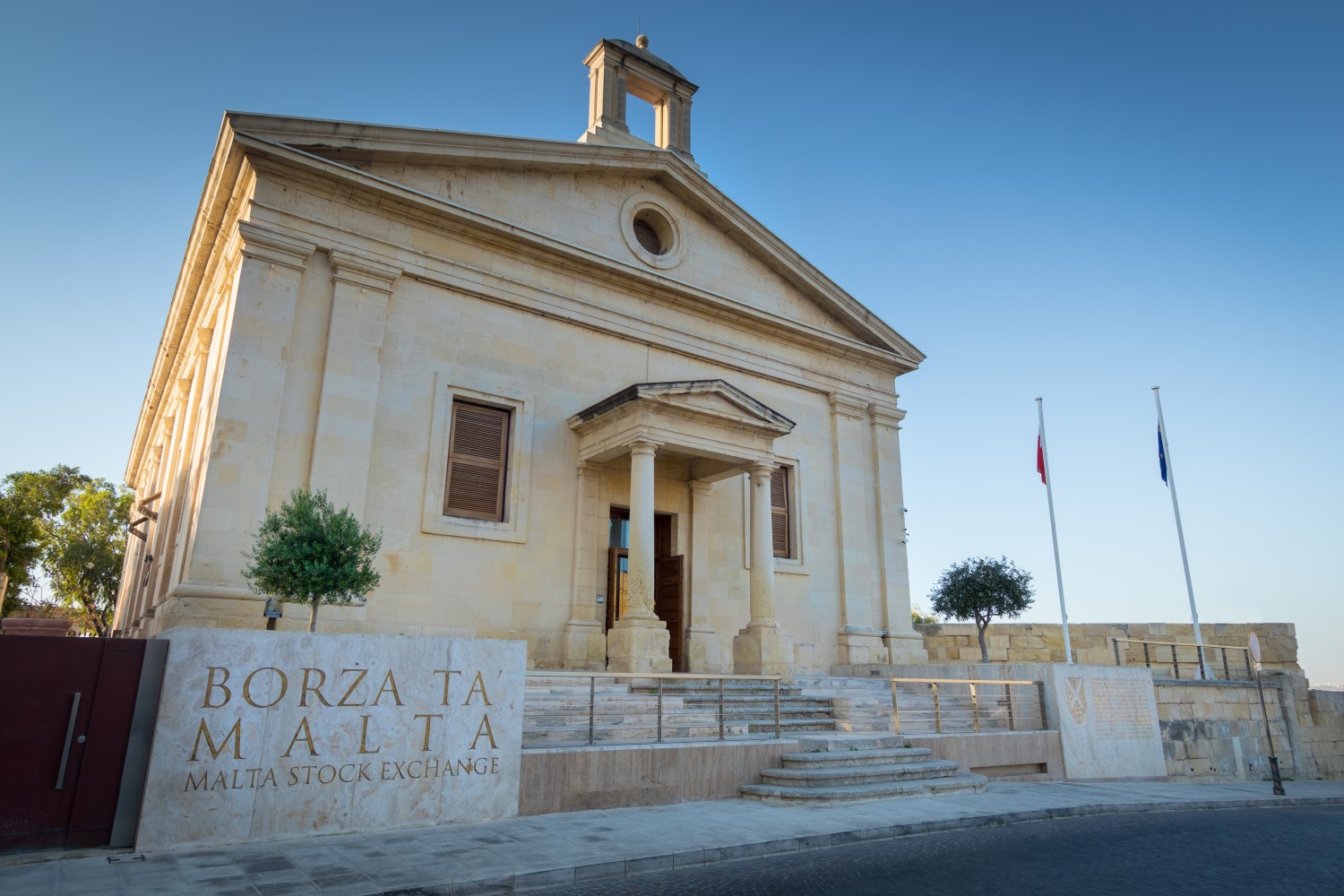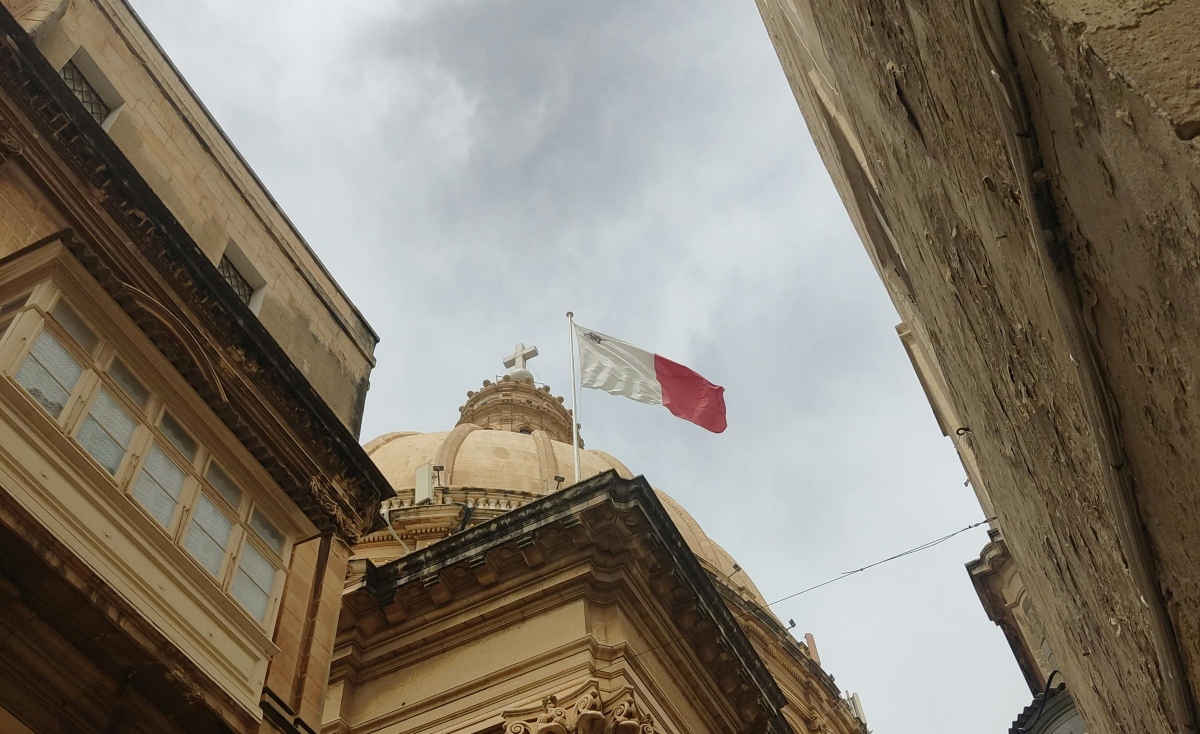The interim reporting season in Malta commenced last week with five companies publishing their half-yearly financial results including the important announcements by Malta’s three largest retail banks.
Although the three banks are entirely dependent on the domestic economy, each of the banks are passing through very different stages and the financial results confirm this.
Bank of Valletta plc is the largest company listed on the Malta Stock Exchange (MSE) with a market capitalisation of €1.22 billion and the dominant player in the banking sector with a share of almost 50 per cent of resident deposits in Malta. The interim financial statements clearly indicate that the balance sheet optimisation undertaken in recent years has clearly been the right strategy as the financial performance only showed a marginal impact from the lower interest rate environment by the European Central Bank (ECB).
BOV reported a decline of only 2.5 per cent in net interest income to €189 million as the impact from the lower ECB benchmark rates was partly offset by higher income from the bank’s growing treasury portfolio (€6.7 billion as at 30th June 2025) and customer loan book (€7.4 billion as at 30th June 2025). In fact, BOV’s profit before tax only dropped by 8.8 per cent to €135 million. The profit after tax of €89.5 million translates into an annualised return on average equity of 12.5 per cent (H1 2024: 15.0 per cent).
During the first six months of 2025, BOV registered an 8.0 per cent (or €551 million) growth in customer loans to €7.4 billion and 5.8 per cent (or €368 million) growth in the treasury portfolio to €6.7 billion. Customer deposits also increased by 2.1 per cent (or €263 million) to €13.1 billion resulting in a loan-to-deposit ratio of 56.6 per cent.
BOV’s net asset value per share increased to €2.253 and given the current share price of €1.90, the shares are trading at a 16 per cent discount to the net asset value (price to book of 0.84 times). The price to book ratio of eurozone banks is currently at 1.05 times.
BOV remains highly capitalised with a CET 1 ratio of 21.3 per cent and a total capital ratio of 28.5 per cent. This enabled the declaration of a net interim dividend of €0.0556 per share which is slightly higher than the adjusted H1 2024 dividend of €0.0545 per share. The cash dividend represents a dividend payout ratio of 40 per cent and is payable on 2nd September 2025 to all shareholders as at close of trading on 14th August 2025.
Given the developments during the first half of 2025, BOV updated its full-year financial outlook by adjusting upwards the lower-end of the profit before tax guidance to €215 million (previously €200 million) and maintained the upper-end guidance of €250 million. BOV expects to maintain a dividend payout ratio (including the share buyback reserve of a total of €7.8 million) of up to 50 per cent.
Following the very successful bond issues totalling €250 million between October 2024 and June 2025, BOV also announced that it intends to seek regulatory approval for another Euro Medium Term Note Programme of up to €325 million. The first tranche is expected to be launched by the end of 2025. These bonds are required to support the bank’s growth and also to achieve further capital optimisation between its Tier 1 and Tier 2 capital.
In the midst of the strategic review being undertaken by their ultimate parent company (HSBC Holdings plc disclosed in its detailed half year report last week that the “business in Malta remains under a strategic review and no decisions have been made”), HSBC Bank Malta plc revealed a sharper impact from the multiple reductions in the ECB deposit rate facility since June 2024. In fact, during the first half of 2025 net interest income fell by 15.7 per cent to €89.8 million as the shift in cash held with the central bank into the treasury portfolio and loan book over recent years was not as aggressive as that adopted by BOV. Although HSBC Malta’s treasury portfolio increased to €2.5 billion, it represents 31.6 per cent of total assets compared to BOV at 42 per cent. Meanwhile, customer loans, which have been on a declining trend in recent years, now amount to €2.9 billion representing 36.7 per cent of total assets (BOV: 46.5 per cent).
HSBC’s profit before tax dropped by 25.3 per cent to €58.7 million. Despite this, the profit after tax of €38.3 million still translates into a strong annualised return on average equity of 12.7 per cent which is marginally higher than that of BOV.
During the first six months of 2025, customer loans decreased by 2.9 per cent (or €82 million) to €2.8 billion and balances with the central bank, holding of Treasury Bills and cash dropped by 3.1 per cent (or €33 million) to €1.04 billion. Meanwhile, the treasury portfolio increased by 8.6 per cent (or €197 million) to €2.5 billion. Customer deposits increased marginally to €6.2 billion resulting in a loan-to-deposit ratio of 45 per cent.
HSBC Malta’s net asset value per share improved to €1.708. The bank maintained robust capital ratios with the CET 1 ratio at 22.5 per cent and the total capital ratio at 25.4 per cent.
Given the strong return on equity and high levels of capital, the net interim dividend of €0.065 per share is unchanged over last year. The dividend is payable on 23rd September 2025 to all shareholders as at close of trading on 18th August 2025.
Contrary to the trends seen in the larger banks, APS Bank plc registered a 7.5 per cent growth in net interest income to €35.6 million, as the higher interest income from loans and investments outpaced the rise in interest expenses on deposits and subordinated liabilities. Customer loans increased by 4.4 per cent (or €142 million) to €3.3 billion and the treasury portfolio climbed to €429 million. The loan book of APS, which is larger than that of HSBC Malta, accounts for 77.2 per cent of total assets.
The performance of APS was dented by several one-off costs that increased its operating expenses by 17 per cent to €31.6 million and led to a 9.6 per cent decline in profit before tax to €9.14 million. Profit after tax at €4.87 million translates into an annualised return on average equity of 3.2 per cent.
During the first six months of 2025, customer deposits increased by 4.9 per cent (or €179 million) to €3.85 billion with the loan-to-deposit ratio remaining relatively unchanged at 87 per cent which is significantly higher than those of the two larger banks.
The net asset value per share of APS also remained unchanged at €0.775. The bank’s CET 1 ratio stood at 15.0 per cent and the total capital ratio at 20.6 per cent. Given the continued balance sheet growth, APS reported that it is an advanced stage for a rights issue scheduled to take place in the fourth quarter of 2025.
News from HSBC’s strategic review and the upcoming rights issue of APS will dominate the headlines in the weeks and months ahead given their fundamental importance to the overall banking sector as well as implications across the domestic capital market.
Read more of Mr Rizzo’s insights at Rizzo Farrugia (Stockbrokers).
The article contains public information only and is published solely for informational purposes. It should not be construed as a solicitation or an offer to buy or sell any securities or related financial instruments. No representation or warranty, either expressed or implied, is provided in relation to the accuracy, completeness or reliability of the information contained herein, nor is it intended to be a complete statement or summary of the securities, markets or developments referred to in this article. Rizzo, Farrugia & Co. (Stockbrokers) Ltd (“Rizzo Farrugia”) is under no obligation to update or keep current the information contained herein. Since the buying and selling of securities by any person is dependent on that person’s financial situation and an assessment of the suitability and appropriateness of the proposed transaction, no person should act upon any recommendation in this article without first obtaining investment advice. Rizzo Farrugia, its directors, the author of this article, other employees or clients may have or have had interests in the securities referred to herein and may at any time make purchases and/or sales in them as principal or agent. Furthermore, Rizzo Farrugia may have or have had a relationship with or may provide or has provided other services of a corporate nature to companies herein mentioned. Stock markets are volatile and subject to fluctuations which cannot be reasonably foreseen. Past performance is not necessarily indicative of future results. Foreign currency rates of exchange may adversely affect the value, price or income of any security mentioned in this article. Neither Rizzo Farrugia, nor any of its directors or employees accepts any liability for any loss or damage arising out of the use of all or any part of this article.
Bond reviews: Maritime sector
The untapped potential of capital markets in supporting Malta’s long-term maritime ambitions
Insights from latest MGS issue
The Treasury announced that applications from the general public amounted to around €155 million
Euro notes to get a makeover: ECB unveils themes for future banknotes
Public input, culture, nature and accessibility at the core of redesign







